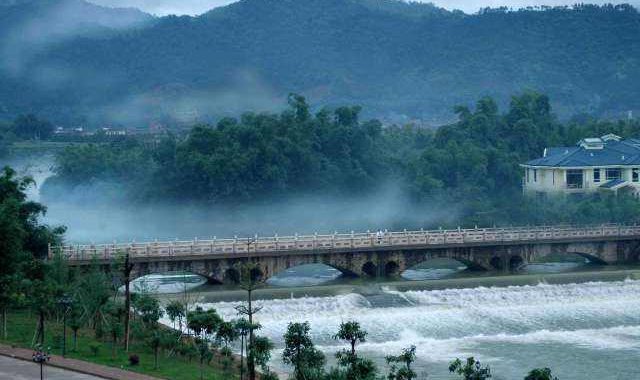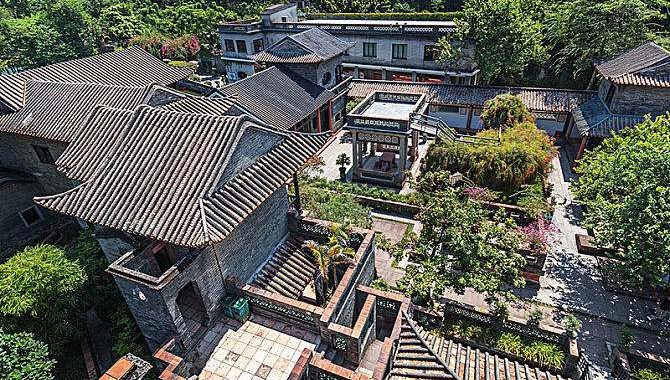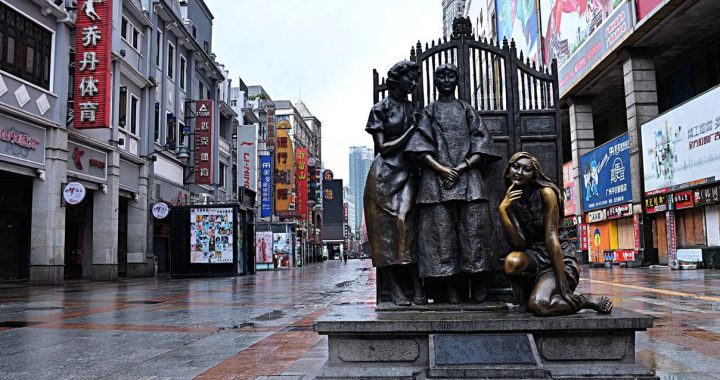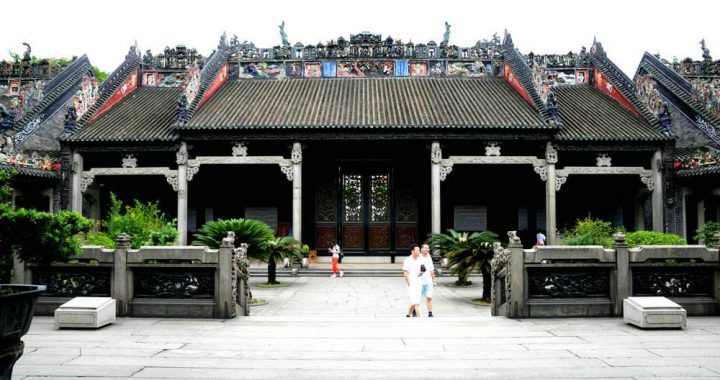Hong Xiuquan
3 min readHong Xiuquan(1 January 1814-1 June 1864),was a Hakka Chinese who led the Taiping Rebellion against the Qing Dynasty,establishing the Taiping Heavenly Kingdom over varying portions of southern China.

Early life and education
Hong Xiuquan,whose name at birth was”Hong Huoxiu”,was born to a peasant family in Fuyuanshui Village,Hua County(now part of Huadu District,Guangzhou).
Hong showed a strong interest in scholarship at an early age and started studying in an old-style private school at the age of seven.He was able to recite the Four Books and Five Classics at the age of 12 or 13 At around the age of 15,his parents were no longer able to afford his education,so he became a tutor to children in his village and continued to study privately.
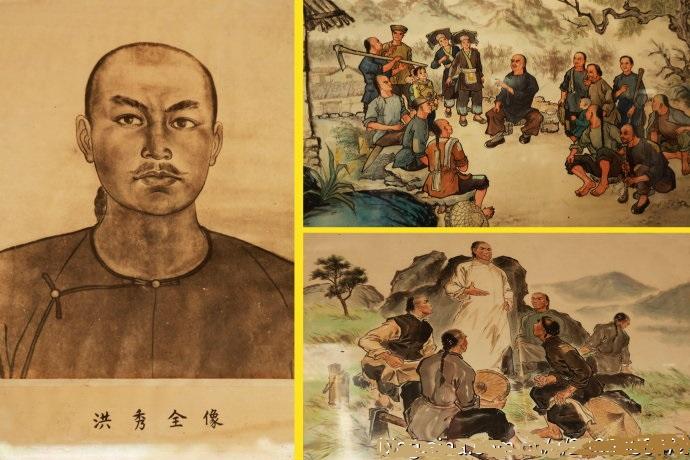
He took the provincial examinations three times,but he never succeeded,because the pass rate of the exam is less than 1%.After that,he had a serious illness and became reticent and acted strangely.But he was not reconciled to his defeat;in 1843,he took the examination for the fourth time,but failed again.It’s partly due to the fierce reticent,but also due to being unable to secure a bribe to the corrupt examination officials of the decaying Qing dynasty.
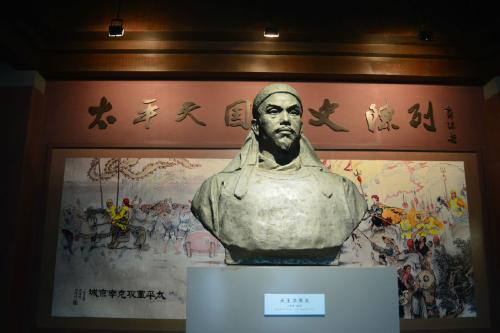
On his visit to Guangzhou to take the examination in 1836,Hong heard an Evangelical Christian missionary preaching about his religion.But he did not paymuch attention to it at the time.Hong failed to pass the examinations in 1836.In
1837 Hong again attempted to take the imperial examinations,but apparently suffered a nervous collapse when he failed them again.
During his recovery,he had a number of vivid and terrifying dreams.In his dreams,Hong was visited by two figures,an old man and a young man.In one dream,the old man complained to Hong about men worshiping demons rather than him.In another dream,Hong dreamt of angels carrying him to heaven,where he met the young man wearing in a black dragon robe with a long golden beard and he gave him a sword and a magic seal and told him to purge China of demons.He interpreted that the Heavenly Father wanted him to rid the world of demon worship.In order to complete his mission,the old man changed Hong’s name to”Hong Xiuquan”.After failing his fourth examination in 1837,Hong took time to carefully study the Christian tracts he had received.
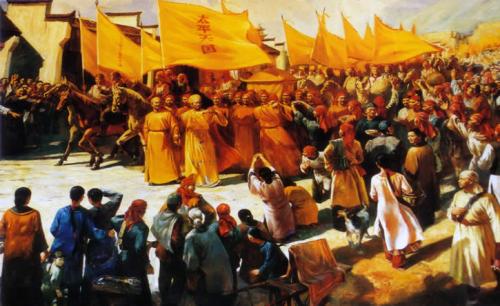
After reading these tracts,Hong came to interpre his dreams:the old man was Heavenly Father,and the young man that he had seen was Jesus Christ.This interpretation led him to believe that he was a Chinese son of God,and that he wasthe younger brother of Jesus.After coming to this conclusion,Hong began destroying a1l the Confucian and Buddhist statues and books in his house and began preaching his interpretation of Christianity.His earliest converts were his relatives,like Feng Yunshan and Hong Rengan.
In 1844,Hong Xiuquan and Feng Yunshan walked some 300 miles to the west to Guangxi,where a large population was much more willing to receive his teachings.
By the end of the 1840s,Hong had a sizeable following which he called the God Worshippers,but local officials attempted to suppress his religious movement.
By 1850,Hong had between 10,000 and 30,000 followers.The authorities were alarmed at the growing size of the sect and ordered them to disperse.A local force was sent to attack them when they refused.A full-scale attack was launched by government forces in the first month of 1851,in what came to be known as theJintian Uprising.Hong’s followers emerged victorious and beheaded the Manchu commander of the government army.Hong declared the founding of the“Heavenly Kingdom of Transcendent Peace”on 11 January 1851.
In the following years,the leading groups had increasing sense of hierarchy and preoccupation with pleasure-seeking and contended for power and profit,which seriously weakened the power of Taiping Heavenly Kingdom.
In 1864,Qing government suppressed Taiping Rebellion.This 14 years’movement was ended in failure.However,Taiping Rebellion is of great significance in China’s history and it’s the peak of peasant movement.


